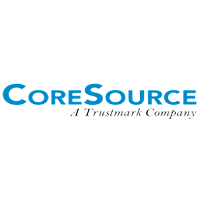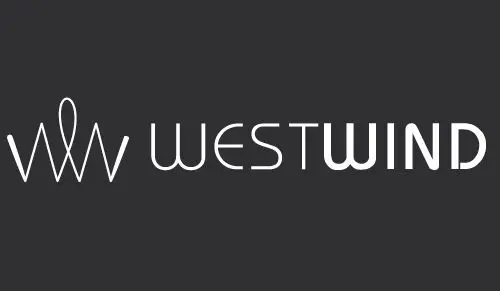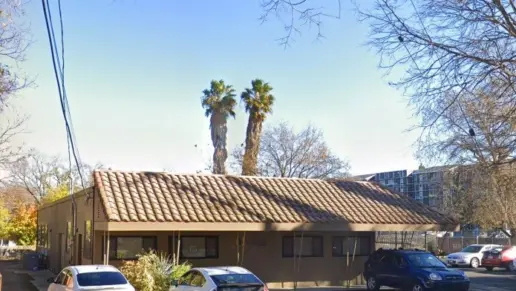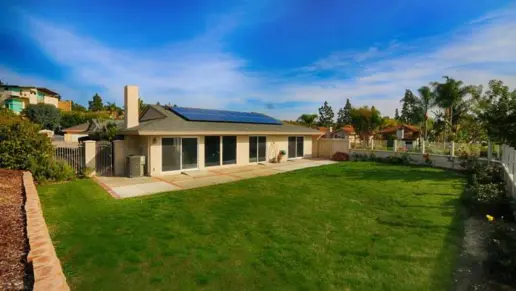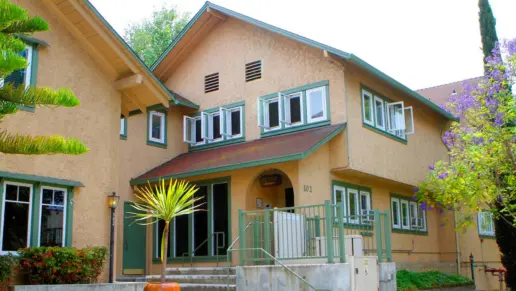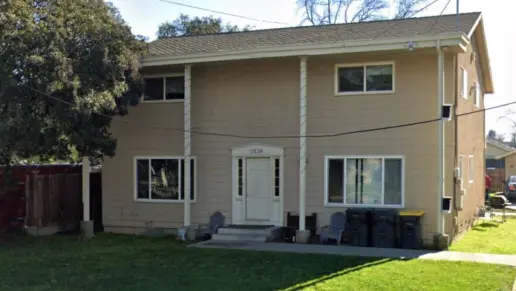About Sunrise Recovery Ranch
Sunrise Recovery Ranch, located in Riverside, California, is a 6-bed residential alcohol and drug rehab center that provides detoxification services, medication-assisted treatment, and traditional residential care to adults aged 18 and older.
The detox program assists individuals in ridding their bodies of harmful, addictive substances that are keeping them from moving forward in their treatment. By eliminating chemical substances from the body, individuals’ minds and physical well-being are capable of ongoing recovery services.
The residential program provides 24/7 supervision in a safe and secure environment. This program is capped at six participants to provide intimate care that addresses the unique needs of each client. Equine therapy, peer support services, traditional mental health therapy, and 12-step support groups are provided.
The medication-assisted treatment program is offered within the residential program. FDA-approved medications are prescribed to help clients manage withdrawal symptoms.
Sunrise Recovery Ranch accepts most insurance plans, including Wellmark, HCSC, Tricare, Magellan, Blue Cross Blue Shield, ComPsych, Kaiser, and more. Out-of-network benefits may vary from plan to plan, so it’s important to verify coverage with the provider before starting treatment.
Latest Reviews
Rehab Score
Gallery
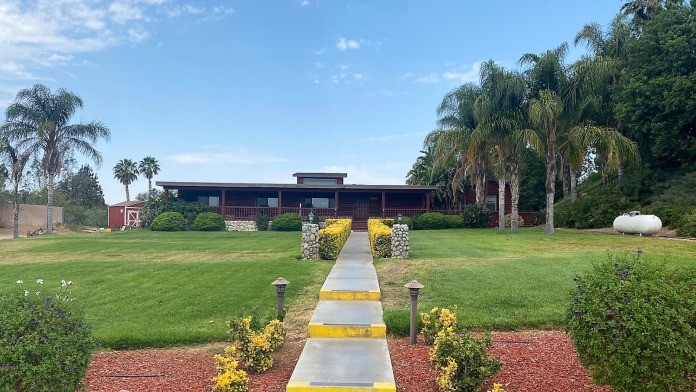
Location
Accepted Insurance

Other Forms of Payment
Private insurance refers to any kind of healthcare coverage that isn't from the state or federal government. This includes individual and family plans offered by an employer or purchased from the Insurance Marketplace. Every plan will have different requirements and out of pocket costs so be sure to get the full details before you start treatment.
Self-pay involves paying for treatment out of your own pocket. You can use savings or credit, get a personal loan, or receive help from family and friends to fund your treatment. If you don't have insurance or your insurance plan doesn't cover a specific program, self-pay can help ensure you still get the care you need.
Addiction Treatments
Levels of Care
Treatments
Many of those suffering from addiction also suffer from mental or emotional illnesses like schizophrenia, bipolar disorder, depression, or anxiety disorders. Rehab and other substance abuse facilities treating those with a dual diagnosis or co-occurring disorder administer psychiatric treatment to address the person's mental health issue in addition to drug and alcohol rehabilitation.
Substance rehabs focus on helping individuals recover from substance abuse, including alcohol and drug addiction (both illegal and prescription drugs). They often include the opportunity to engage in both individual as well as group therapy.
Programs



Clinical Services
Cognitive Behavioral Therapy (CBT) is a therapy modality that focuses on the relationship between one's thoughts, feelings, and behaviors. It is used to establish and allow for healthy responses to thoughts and feelings (instead of unhealthy responses, like using drugs or alcohol). CBT has been proven effective for recovering addicts of all kinds, and is used to strengthen a patient's own self-awareness and ability to self-regulate. CBT allows individuals to monitor their own emotional state, become more adept at communicating with others, and manage stress without needing to engage in substance abuse.
While participating in dialectical behavior therapy in California, you'll focus on four key areas of skill development: mindfulness, interpersonal effectiveness, emotion regulation, and distress tolerance. Treatment includes weekly individual and group sessions.
Group therapy is any therapeutic work that happens in a group (not one-on-one). There are a number of different group therapy modalities, including support groups, experiential therapy, psycho-education, and more. Group therapy involves treatment as well as processing interaction between group members.
Individual therapy sessions are an important part of the therapeutic rehabilitation process at Sunrise Ranch as they are designed to provide clients with time to meet one-on-one with a mental health professional to discuss any concerns they have or to review the progress they are making in treatment. Sunrise Ranch's certified addiction counselors work closely with their marriage and family therapist interns and trainees to conduct these sessions in a manner that is most beneficial to meeting the clients’ needs. Each client will meet with his or her substance abuse counselor twice per week for progress updates. The marriage and family therapist intern or trainee will also meet with the client at least once per week, with additional sessions being added on an as-needed basis.
Trauma therapy addresses traumatic incidents from a client's past that are likely affecting their present-day experience. Trauma is often one of the primary triggers and potential causes of addiction, and can stem from child sexual abuse, domestic violence, having a parent with a mental illness, losing one or both parents at a young age, teenage or adult sexual assault, or any number of other factors. The purpose of trauma therapy is to allow a patient to process trauma and move through and past it, with the help of trained and compassionate mental health professionals.
Whether a marriage or other committed relationship, an intimate partnership is one of the most important aspects of a person's life. Drug and alcohol addiction affects both members of a couple in deep and meaningful ways, as does rehab and recovery. Couples therapy and other couples-focused treatment programs are significant parts of exploring triggers of addiction, as well as learning how to build healthy patterns to support ongoing sobriety.
Sunrise Ranch's marriage and family therapist interns and trainees will conduct family therapy sessions once each week if the client’s family members are available and if the client wishes to integrate them into his or her addiction rehab treatment plan. Depending upon the needs of the client, teleconference sessions with the client and his or her family members may also be incorporated into the client’s individual therapy sessions.
Life skills trainings involve all the skills a person must have in order to function successfully in the world. These include time management, career guidance, money management, and effective communication. Truly successful addiction recovery is based on the ability to not only live substance-free, but to thrive. Life skills teaches the practical necessities of functioning in society, which sets clients up for success in life, and therefore sobriety.
Substances can prevent the absorption of nutrients and cause damage to your body's systems. Nutrition therapy in California addresses the deficiencies in vitamins and minerals that are caused by substance abuse.
Recreational therapy (aka therapeutic recreation) uses creative and fun activities to help with addiction recovery. Recreational therapists lead patients in entertaining and engaging activities like sports or games; art (drawing, painting, sculpture); drama, music, and dance; and/or community outings (field trips) to improve patients' physical, social, and emotional well-being.
Creativity is inherently healing, and can help those in recovery express thoughts or feelings they might not otherwise be able to. Creative arts therapy can include music, poetry/writing, painting, sculpting, dance, theater, sandplay, and more. Unlike traditional art, the final product matters far less than the experience of creation and expression itself.
Sunrise Recovery Ranch encourages the women and men to rebuild their physical strength as part of their program of recovery and they set aside time each afternoon for exercise. Clients may swim in the pool or go work out at the local ‘state of the art’ gym on Monday through Thursdays. After working out or playing softball they return to the Ranch for an healthy dinner and then prepare to attend 12-step meetings. Fridays are set aside for softball and the weekends allow for rest and relaxation. On occasion there are off-site activities like bowling, movies, batting cages, or hitting golf balls. In their free time, clients can journal or do “Step work” in their rooms.
Amenities
-
Private Setting
-
Mountain Views
-
Yoga Studio
-
Hiking
Accreditations

The Commission on Accreditation of Rehabilitation Facilities (CARF) is a non-profit organization that specifically accredits rehab organizations. Founded in 1966, CARF's, mission is to help service providers like rehab facilities maintain high standards of care.
CARF Accreditation: Yes
Accreditation Number: 224990

The National Association of Addiction Treatment Providers (NAATP) is a professional association that represents organizations in the field of addiction services. Founded in 1978, NAATP's mission is to advance addiction services and ensure that high-quality addiction treatment is available and accessible.
NAATP Member: Yes
Member ID: 1398

State Licenses are permits issued by government agencies that allow rehab organizations to conduct business legally within a certain geographical area. Typically, the kind of program a rehab facility offers, along with its physical location, determines which licenses are required to operate legally.
State License: California










